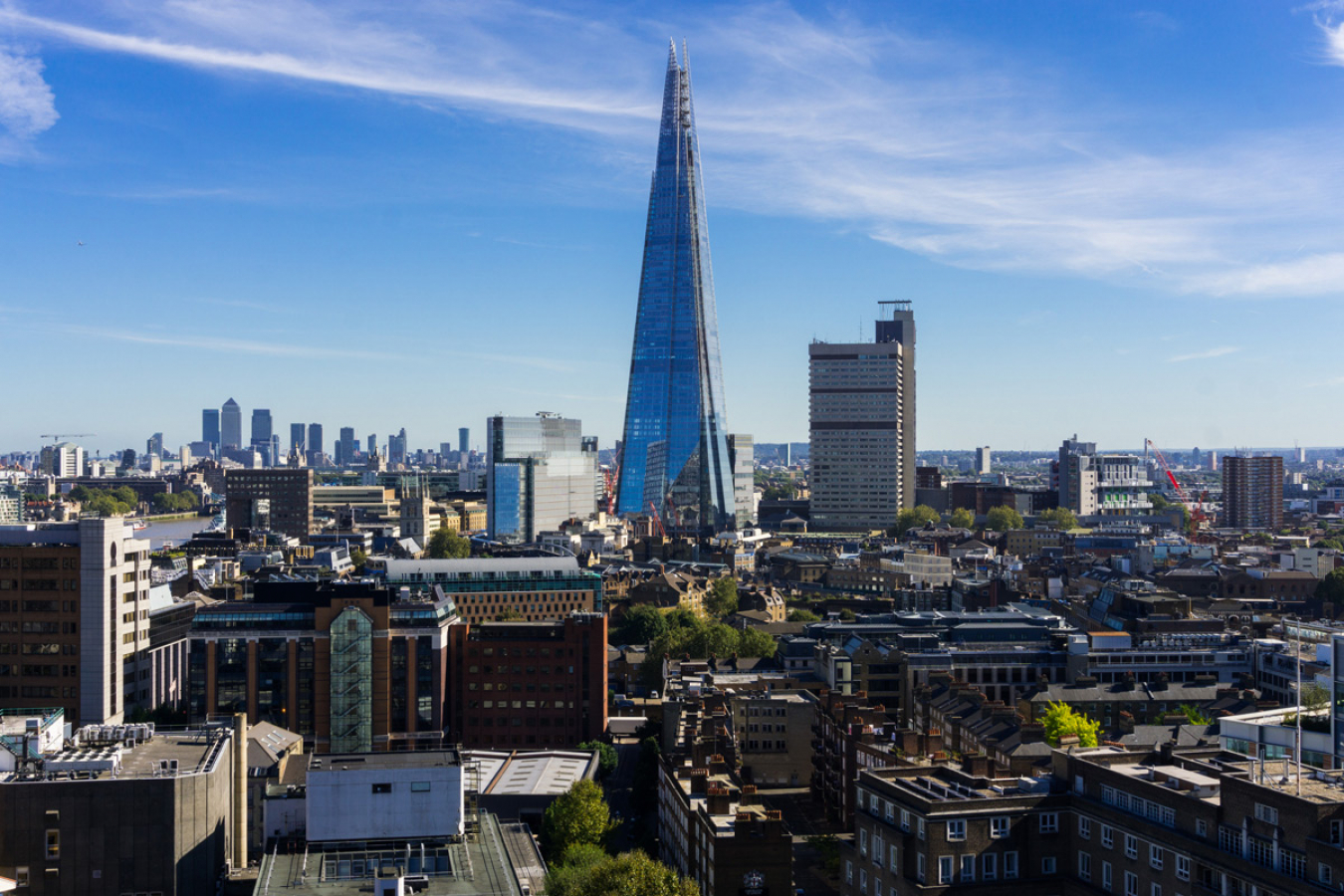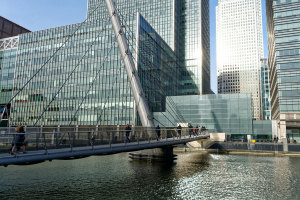Support migrant centric journalism today and donate

Sanwar Ali: additional reporting and comments
The Home Office has issued new guidance on what UK employers should do when carrying out right to work checks on EEA nationals (EU nationals are also EEA nationals) and their family members. Following the end of the Brexit transition period at 11pm on 31 December 2020 all newly arriving EEA nationals, apart from Irish nationals, require a visa to work in the UK and are subject to post-Brexit UK immigration rules.
Those EEA nationals who were in the UK before 11pm on 31 December 2020, if they have not already done so, can apply for pre-settled status or settled status. They have until 30 June 2021 to apply under the scheme.
Irish nationals can continue to work freely in the UK as Ireland is in the common travel area with the UK. However, for other EU nationals many will need to come under the expensive and bureaucratic Skilled Worker Sponsor Licence and Skilled Worker visa scheme.
The new guidance applies to EEA nationals and their family members and outlines the steps that employers can take during the post-Brexit transition grace period, which runs from 1 January, 2021 to 30 June, 2021.
The updated guidance was released on 17 March and can be found on the official government website under Right to work checks: An employer’s guide.
Immigration rules
Items covered in the new guidance include:
Checking right to work documentation issued in accordance with UK immigration rules; and
Undertaking right to work checks retrospectively for existing employees
Within the guidance, the Home Office has recognised that employers may seek to ensure the stability of their workforce during the remaining months of the grace period. This includes helping employees to secure the appropriate UK immigration status that they will need to continue working in Britain beyond the grace period.
Employers are currently being advised to invite individuals who have been granted status under the EU Settlement Scheme (EUSS) or the post-Brexit UK immigration system to evidence their right to work using the online service provided by the Home Office.
However, employers should be aware that during the grace period they are prohibited from insisting that a person use the online service to prove their right to work in the UK.
Retrospective right to work checks
Employers are under no obligation to carry out retrospective right to work checks on existing EEA national and EEA family member employees, but it is allowed.
However, these checks must be carried out in a way that does not inadvertently discriminate against an individual, and in accordance with the Home Office’s code of practice on avoiding unlawful discrimination while preventing illegal working.
If EEA nationals – and their family members, though not stated in the guidance – are unable to present the necessary documentation as part of a retrospective check and to the required standard to establish a statutory excuse, employers are instructed to contact the Employer Checking Service.
Right to work checks to change
The requirements relating to the right to work checks for EEA nationals will change on 1 July, 2021. From this date, evidence of a person’s UK immigration status will be required using the Home Office’s online system, subject to limited exceptions.
It’s understood that new guidance on requirements for right to work checks from 1 July, 2021 will be issued by the Home Office ahead of this date.
Demand for Sponsor Licences
News of changes to the right to work checks come amid an increase in demand for sponsor licences, triggered by UK employers looking to continue hiring EU workers. Sponsor licence compliance rules were also recently updated to clarify the record keeping duties of sponsors.
Workpermit.com can help with Sponsor Licences
If you need help with employing Skilled Workers and help to apply for a Sponsor Licence, including complying with your Sponsor Licence obligations, workpermit.com can help.
For more information and advice on Sponsor licences, please contact us on 0344 991 9222 or at london@workpermit.com





















